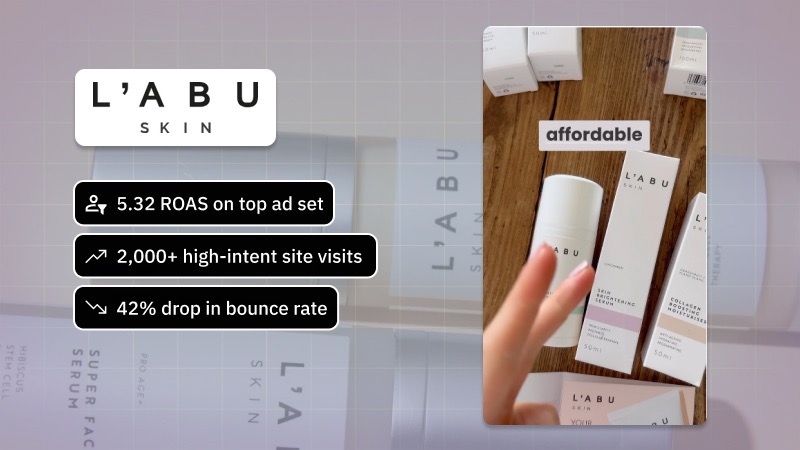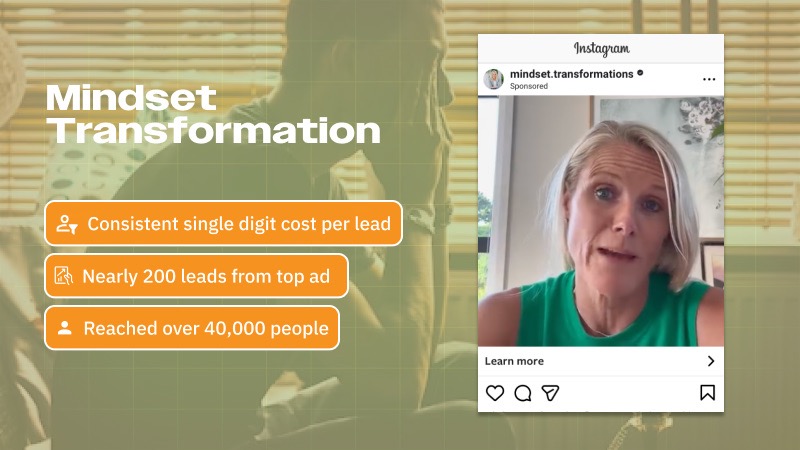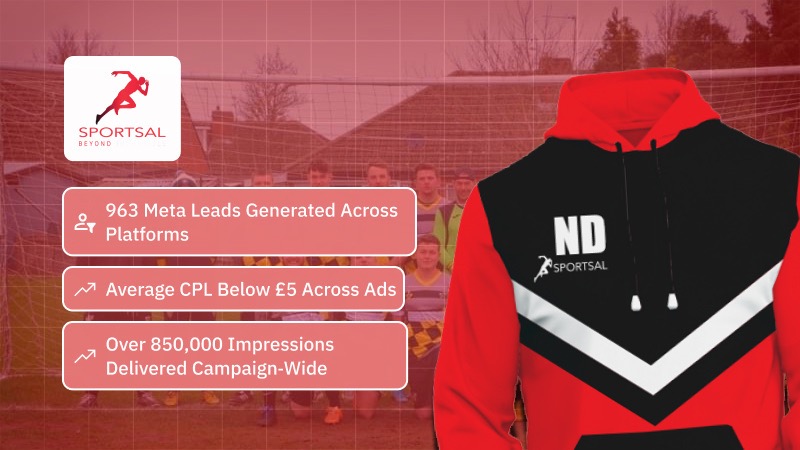Boost your brand with Soudcoh – expert social media that gets results!
%20Medium.jpeg)
Social media and SEO may seem like separate strategies, but they’re more connected than many people realise. Understanding how they interact can help boost your online visibility and drive more traffic to your website.
While social media signals like likes and shares don’t directly affect search engine rankings, they play a crucial role in spreading your content to wider audiences. As more users discover and engage with your posts, the chances of gaining backlinks, mentions, and direct traffic increase—all factors that contribute to better SEO outcomes. The more visible and valuable your content is across these platforms, the more opportunities it has to gain traction in search engines indirectly.
Social platforms also provide search engines with data about brand relevance and user engagement. When users frequently engage with a brand’s content on social media, it can help build authority and trust, both of which are important to search engine algorithms. Additionally, social profiles themselves often rank in branded search results, giving your business more digital real estate on the results page and strengthening your online presence.
Ultimately, integrating social media into your SEO strategy isn’t just about posting links—it’s about creating shareable, valuable content that’s aligned with your brand and optimised for discovery. Social media gives your content legs, allowing it to travel further and establish signals that contribute to long-term SEO success. By aligning your social and search strategies, you can maximise visibility and reach more of your target audience where they’re most active.
Your social media profiles are more than just platforms to engage with followers—they're also powerful assets for search engine visibility. Ensuring these profiles are optimised can significantly impact how and where your brand appears in search results.
Start by choosing consistent usernames and handles across all your platforms. This consistency strengthens your brand identity and makes it easier for users and search engines to recognise and recall your profiles. Incorporate relevant keywords naturally into your bio and descriptions to help search engines understand what your brand offers.
Your profile photo, header image, and contact details also play a role in optimisation. Use high-quality images that reflect your brand, and always include up-to-date contact information like your website, email address, or physical location. This completeness not only builds trust with users but also adds credibility in the eyes of search engines.
Finally, consider linking to your social media profiles from your website and vice versa. Internal linking reinforces your brand’s online authority and ensures that search engines index your social presence. The more aligned and optimised your profiles are, the better your chances of ranking in both platform-specific and general search results.
Creating SEO-friendly content for social platforms is key to expanding your reach and improving visibility. While social media isn't a direct ranking factor, optimised content can boost engagement, shares, and exposure, all of which contribute to stronger search presence.
Start by understanding the intent and behaviour of your audience on each social platform. Tailor your posts with relevant keywords that align with how users search and engage. Use tools like Google Trends or social listening platforms to identify trending terms and hashtags related to your industry. Consistently integrating these elements into your captions, bios, and descriptions can increase discoverability both within the platform and on search engines.
Don't underestimate the power of visuals—optimised images and video content improve click-through rates and encourage sharing. Use alt text for images on platforms that support it, include closed captions for videos, and ensure file names are descriptive and keyword-rich. These strategies help search engines understand your content and improve accessibility. For platforms like Pinterest and YouTube, where search plays a larger role, these practices are especially crucial.
Finally, structure your content for readability. Short sentences, clear formatting, and strategic keyword placement help maintain user attention while signalling relevance to algorithms. Encourage interaction with call-to-actions and provide value with every post—be it educational, entertaining, or inspiring. Over time, this consistent, strategic approach builds authority, enhances user trust, and supports broader SEO goals.
When it comes to SEO, social media engagement can be a powerful yet often overlooked factor. Likes, shares, and comments don't directly impact rankings, but their ripple effect can significantly enhance your online visibility.
Every time a piece of content is shared, it amplifies reach, placing your website or blog in front of new audiences who may not have found it through search engines alone. This extended visibility increases the likelihood of gaining backlinks, time on site, and brand searches—all of which are positive signals for SEO. While Google has stated that social shares aren't a direct ranking factor, there's no denying their indirect influence through increased web traffic and engagement.
Additionally, high engagement levels help validate the quality and relevance of your content. If users on social platforms are interacting with and sharing your material, it signals to algorithms—not just social algorithms but potentially search ones as well—that your content is valuable. This can result in better indexing and higher ranking opportunity over time, especially if major publications or influencers notice and link to your content.
To truly leverage this, you should craft shareable content optimised for both SEO and social platforms. This means using compelling visuals, crafting clickable headlines, and encouraging interaction through calls to action. Also, don't underestimate the power of timing and platform choice—the right message at the right moment can go viral, sending strong authority signals back to your site and potentially boosting your rankings in the process.
Success in social media SEO isn’t just about posting regularly or using popular hashtags. To truly gauge performance, it's essential to track specific metrics and leverage the right tools.
One of the most effective ways to measure social media SEO success is through analytics platforms. Google Analytics, for instance, can show how social traffic contributes to website visits, time on page, and conversions. Social media platforms themselves—like Facebook Insights, Twitter Analytics, and LinkedIn Analytics—offer valuable data on engagement, reach, and referral traffic. These metrics help determine how well your optimised content is performing in driving visibility and interaction.
Keyword tracking tools such as SEMrush, Ahrefs, or Moz can also be vital in monitoring how your content ranks in search results, both on social platforms and search engines. They can identify top-performing keywords related to your brand and show how adjustments in your social strategy impact your search presence. Similarly, URL tracking with UTM parameters helps attribute website visits more accurately to specific campaigns or posts, providing deeper insights into what's actually working.
Engagement rates, click-through rates, follower growth, and branded search volume are all key indicators of SEO performance on social media. Over time, tracking these metrics allows you to refine your content, choose better platforms for your audience, and ultimately align your efforts with broader marketing goals. Regularly reviewing this data ensures your strategy stays current with ever-evolving algorithms and user behaviour.
Whether local or global, we help your brand rise in search.


